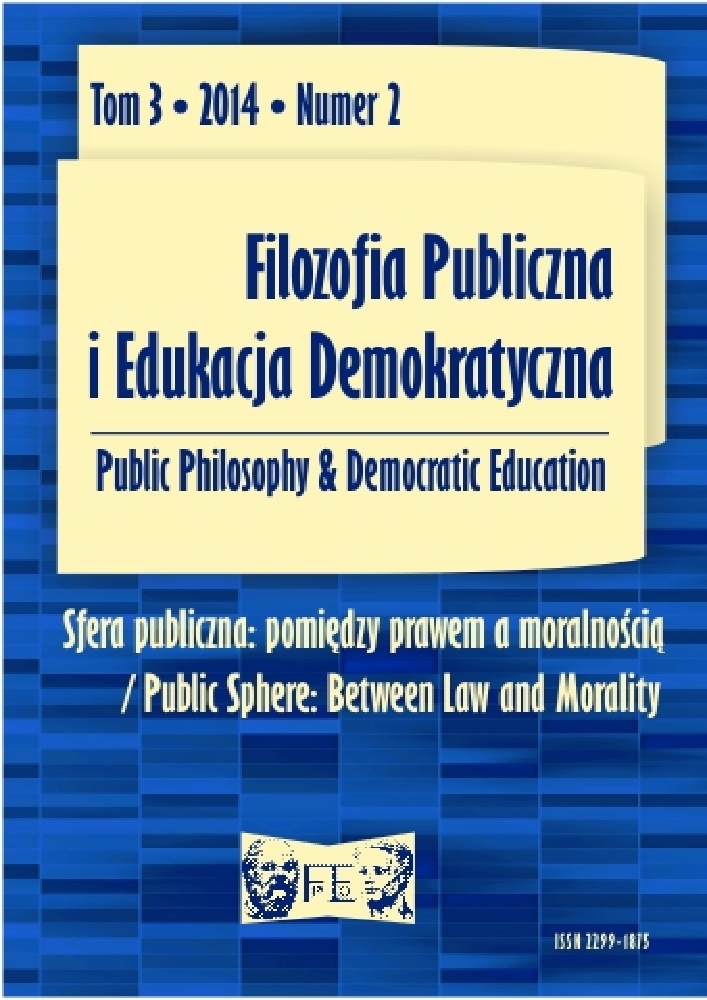Abstract
The article attempts to illuminate the ethical perspectives of Buddhism (dividing into four sections) by exploring the true nature of moral elements, which form the foundation of Buddhist philosophy. The ethical concerns of Buddhism give more emphasis on renunciation and a selfless attitude towards constructive and spiritual moral development. All its concerns are related with the problem of human suffering. Only human being’s sincere effort can remove human suffering and can attain to a life totally free from all miserable conditions. Human being is enough to become master of all. To understand our action and conduct in every phase of our life is the core element of Buddhist moral principles. Buddhism is a system found wholly characterized by the ethical principle seeking the meaning of life in life itself. It is mainly based on the ethical way of living and prescribes rigorous codes to promote the living of a virtuous life.References
Bapat Purushottam Vishvanath (ed.), 2500 Years of Buddhism, The Publications Division, Ministry of Information and Broadcasting, Government of India, Delhi 1956.
Bibhu Padhi, Minakshi, Padhi, Indian Philosophy and Religion, D. K. Print World P Ltd, New Delhi 1998.
Kalupahana David J., A History of Buddhist Philosophy, Motilal Banarsidass Publishers, Delhi, 1994.
Malalasekera, G. P., “Philosophical Implications of Panchasila”, in: Sarika P. Dubey (ed.), Problem of Indian Philosophy, Indian Council of Philosophical Research, New Delhi 1996.
Mitra, R. C., The Decline of Buddhism, Visva-Bharati, Santiniketan, Birbhum 1954.
Nakamura Hajime, Buddhism in Comparative Light, Islam and the Modern Age Society, New Delhi 1975.
Pande Govind Chandra, Studies in the Origins of Buddhism, Jainendra Prakash Jain At Shri Jainendra Press, Allahabad 1957.
Radhakrishnan Sarvepalli, Indian Philosophy: Vol 1, Allen & Unwin Ltd, London 1927.
Rajurkar C. G., “Emergence of Rational and Abstract Thought in the Jain Tradition”, Govind Chandra Pande (ed.), Jain Thought and Culture, 110-25, Department of History and Indian Culture, University of Rajasthan, Jaipur 1979.
Samuel G. John, Ār Es Śivaganēśamūrti, M.S. Nagarajan (eds.), Buddhism in Tamil Nadu: Collected Papers, Institute of Asian
Studies, Chennai 1998.
Suda, J. P., Religions in India: A Study of their Essential Unity, Sterling Publisher Ltd, New Delhi 1978.
Tiwari Kedar Nath, Comparative Religion, Motilal Banarsidass, Delhi 1983.
Upadhyaya, Kashi Nath, Early Buddhism and The Bhagavadgita, Motilal Banarsidass, Delhi 1971.
License
Copyright (c) Authors retain copyright and publishing rights to their articles in this journal, granting the journal the right to distribute them under the terms of the CC BY-NC-ND 4.0
